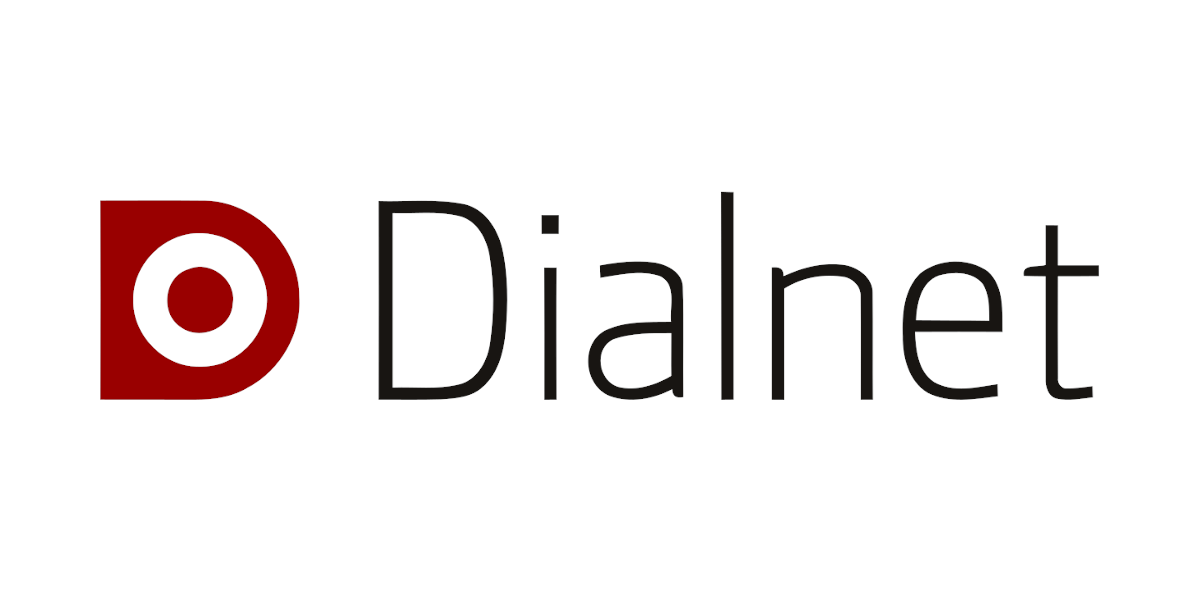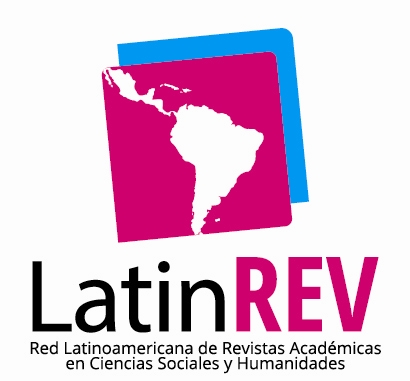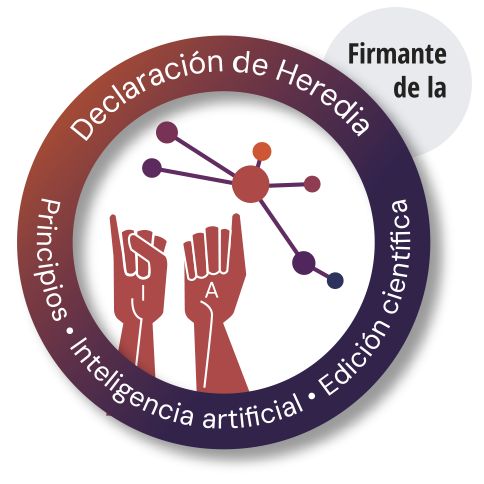Código de ética
We adopt the 16 COPE principles as follows:
-
Website: We use Open Journal Systems (OJS) software for all editorial management, publication, and journal access activities. Additionally, this system is interoperable via the OAI-PMH protocol.
-
Journal Name: Control Visible is a registered and certified name with both national and international ISSNs.
-
Peer Review Process: The evaluation process is conducted clearly and transparently using the double-blind peer review method.
-
Ownership and Management: The journal is edited, funded, and distributed under the diamond open access model by the Auditor General of the Republic.
-
Governing Body: We have an editor, a scientific committee, and an editorial team to ensure the scientific quality of publications and the planning, management, production, and post-publication processes.
-
Editorial Team/Contact Information: We provide public information about governing bodies, the publishing entity, and contact details.
-
Copyright and Licenses: We use and publicly declare the type of Creative Commons license (BY-NC). Additionally, authors are informed about the rights they retain over their manuscripts.
-
Author Charges: The journal operates under the diamond open access model, with no costs for authors or readers to publish, read, or access.
-
Process for Identifying and Handling Research Misconduct Allegations: The journal uses and recommends reviewing its editorial policy in case of ethical problems or misconduct during the publication process.
-
Publication Ethics: The journal has a code of ethics on its website within the OJS software to promote good publishing practices.
-
Publication Frequency: The journal's publication frequency and modality are indicated in its scope on the website (OJS).
-
Access: The journal offers free access to its content without any cost or subscription.
-
Archiving: The journal is in the process of subscribing to a digital preservation system like CLOCKSS.
-
Sources of Income: The journal is fully funded by the Auditor General of the Republic.
-
Advertising: The journal does not conduct any advertising on its website and requests authors to declare any conflict of interest in published articles.
-
Direct Marketing: The journal has no commercial purposes and does not conduct marketing campaigns or similar activities.
COPE considers the following as research misconduct: fabrication, falsification, plagiarism or self-plagiarism at any stage of the research, redundant publications (text recycling), authorship conflicts, misuse of information or evaluation by external reviewers, among others.
Fabrication or Falsification: Fabricating research implies that the researcher did not conduct the study but falsified data to present it as the real result of an investigative process.
Plagiarism and Self-Plagiarism: Unauthorized use of unique ideas or methods. Taking even a single phrase without proper citation is plagiarism. Self-plagiarism is the use of one's previously published information as new and original.
Redundant or Multiple Publications: Occurs when an author submits and publishes multiple similar manuscripts by recycling text, using the same text in different journals, and/or based on the same experiment. Avoid inappropriately fragmenting data from a single study into two or more articles (salami publication).
Authorship Conflicts: These should be clarified by the authors themselves and the institutions they belong to. Authorship is limited to those who made significant contributions to the development of the article, data analysis and interpretation, other academic efforts, drafting, or reviewing the article's content, and approving the final version of the manuscript.
Anti-Plagiarism Policy: As a method of plagiarism detection, manuscripts are analyzed using Turnitin software. The similarity percentage must not exceed 25%, provided all sections are correctly cited. Paraphrasing is acceptable only if the source is correctly indicated, ensuring the meaning of the source's intention is not altered. For review articles, this percentage may be higher, but they must present novel experiences, opinions, and ideas that distinguish them from others of their kind.
Artificial Intelligence: AI tools cannot be listed as authors of articles submitted to the journal.
Other Conflicts: Any real or potential conflict of interest, financial or non-financial, that might inappropriately influence (bias) the findings or results of the work presented must be disclosed within three years after its formulation and development.
Ethical Considerations for Published Articles: We adhere to COPE guidelines as follows:
Additions and Corrections: Authors can request corrections or additions about important issues or omissions after the article is published. These will be subject to the editor's approval and must justify their relevance to the scientific quality of the results. The request for this process will be made through the OJS platform in the discussions section of the published article submission. The original manuscript and correction details, including the approval evidence from all authors, will be attached.
Retractions: Authors or the journal editor can withdraw an article for scientific quality reasons or ethical misconduct. In this case, the journal will publish a retraction notice explaining the reason. The originally published article will remain online and will only be removed in exceptional cases (legal requirements or health risks).
Expressions of Concern: Occur when the editor issues an expression of concern about suspected misconduct in the research or publication process. It also happens when the investigation into this misconduct takes too long to be resolved, is inconclusive or unfair, or there is evidence that the data are unreliable.
Requests or Complaints: If any party detects any of these practices, action will be taken following COPE guidelines, and clarification will be requested directly from the authors before any statement. To report misconduct, please contact the editor at controlvisible@auditoria.gov.co. The case will be analyzed by the editorial team.











